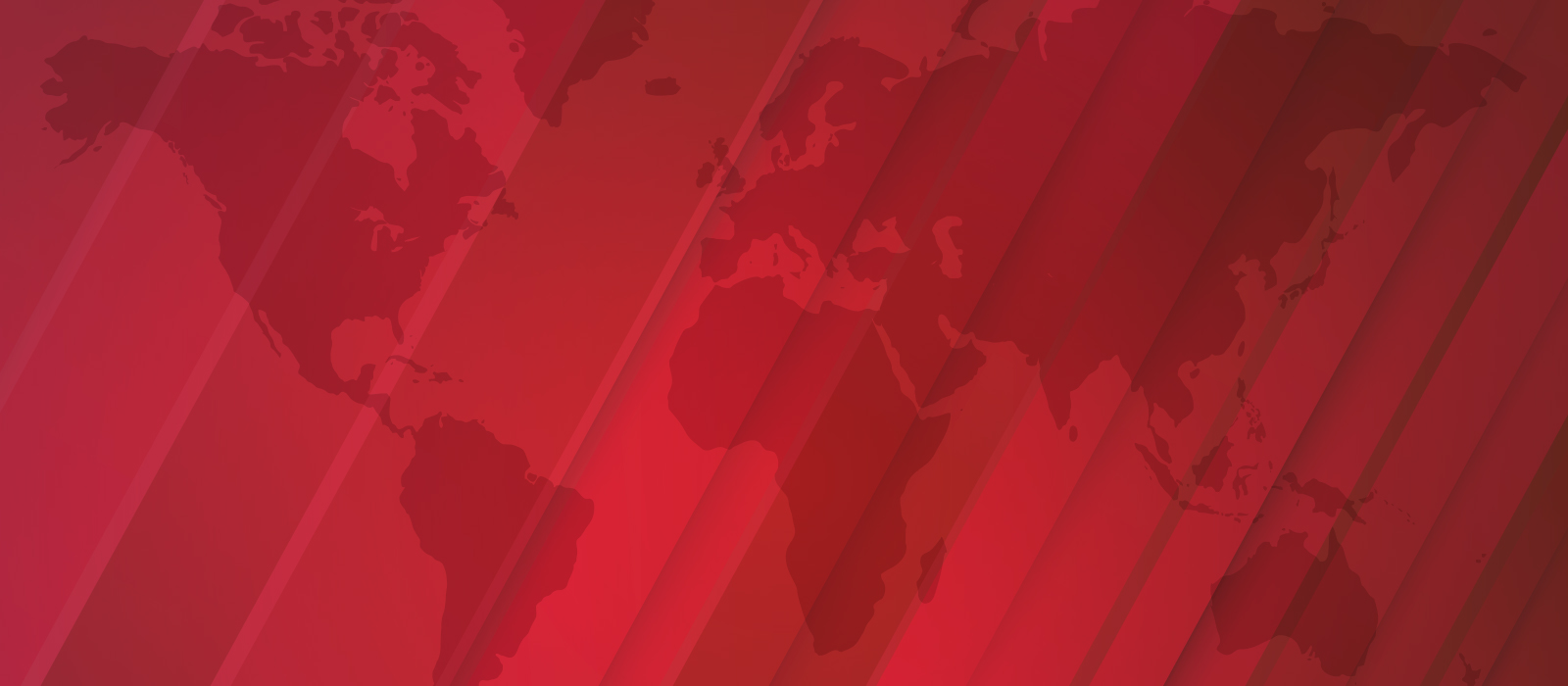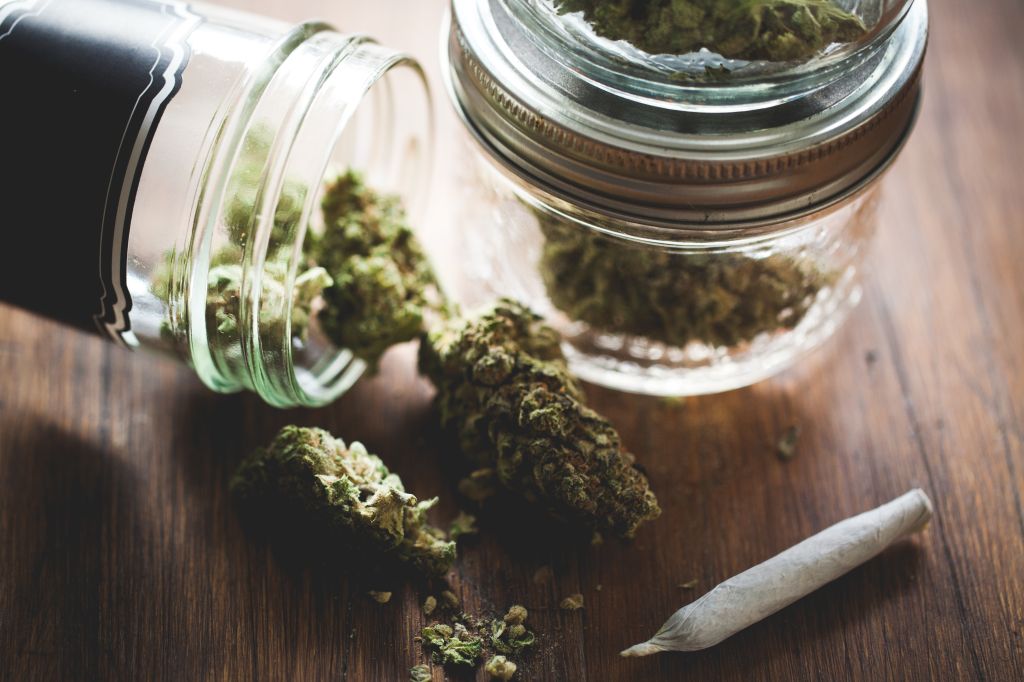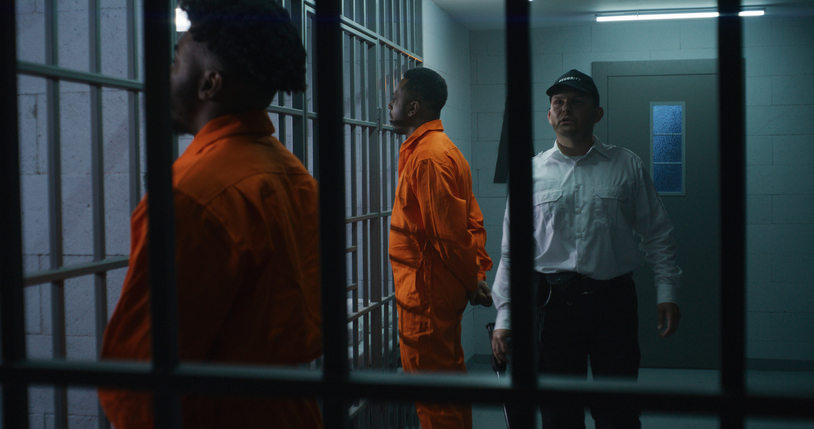Defense Secretary Shared War Plans In 2nd Signal Chat
Pete Hegseth shared Yemen attack plans in a group chat that included his wife, brother and lawyer.
Listeners:
Top listeners:
We Boss Radio True Hip Hop and R&B


Source: MmeEmil / Getty
On Tuesday, the Justice Department announced that it had taken a step towards the decriminalization of marijuana. Actually, scratch that—the Justice Department announced Tuesday that it had recommended taking a small step toward the decriminalization of marijuana that would fall short of total decriminalization and would fall even shorter from what should be done, which is legalization.
According to the New York Times, the department has recommended that marijuana be re-classified as a Schedule III drug, which would put it on par with like Tylenol with codeine, instead of its current Schedule I classification its been under for more than 50 years that had it on par with Heroin, LSD and ecstasy. (To put things in even more perspective, fentanyl, methadone and opium are all Schedule II.) Changing the scheduling of marijuana would ease criminal and manufacturing restrictions at the federal level, which, of course, does next to nothing to affect the existing state laws, which is one of the reasons some experts don’t believe the move will make much of a difference.
From the Times:
Still, the decision will do little to alter the current landscape, with the most immediate impact on the cannabis industry itself.
“A lot of people are going to be disappointed and probably a bit surprised about how very little changes,” said Paul Armentano, deputy director of the advocacy group NORML, the National Organization for the Reform of Marijuana Laws.
Already, 38 states, the District of Columbia and three territories have approved its use for medical reasons. Many of those places have also approved it for recreational use.
So, it seems like all we really have here is a recommendation to begin what the Times described as “a lengthy rule-making process” that “does not end the criminalization of the drug” and won’t make much of a difference on the state level even as more than half the states in the country already employ marijuana policies that are more progressive than the states that still want to lock people up for a “drug” isn’t nearly as harmful as many products that are perfectly legal.
Still, other experts believe this is a step in the right direction—if only a baby step.
“It is a strong signal that the war on drugs and the crimes that are associated with the war on drugs should continue to be re-evaluated and should continue to be reformed and change,” said Ed Chung, the vice president of initiatives at the nonprofit Vera Institute of Justice, which focuses on criminal justice reform. “There is a huge messaging aspect to that.”
Yeah, so, about that.

Source: EvgeniyShkolenko / Getty
Even if we were to agree that this move is a step toward the war on drugs being “re-evaluated,” there’s still the issue of the extensive damage that war has already done, particularly, in Black communities and communities of color. Whether we’re talking about legalization, decriminalization, or—*checks notes*—a recommendation for a move that doesn’t quite amount to decriminalization, it can be argued, as it has been especially by Black people for years, that it’s too little, too late. (In this case, the emphasis is on “little.”)
From the ACLU:
While progress in reforming our nation’s drug laws is vital, we must remember that if we legalize without righting the wrongs of past marijuana enforcement, we risk reinforcing the decades of disproportionate harm communities of color have faced and endured. People in the United States use and sell marijuana at roughly the same rate regardless of their race, yet a Black person is almost four times more likely than a white person to be arrested for marijuana possession nationwide. In addition, roughly 13,000 people were deported or separated from their communities and families in 2013 alone for drug-related offenses.
Anything the government does to change marijuana laws for the better needs to include restitution for all the people whose lives were upended by the unjust drug policies that the same government allowed to remain in place for more than half a century. Otherwise, it’s just a half measure, and, in this case, far less than that.
See Also:
5 Health Reasons That Prove You Need More Weed In Your Life
Racial Disparities Among Marijuana Arrests Still Persist Despite Growing Legalization Trend

The post DOJ Wants To Change Marijuana To A Schedule 3 Drug, But What About All The Black People Already Locked Up? appeared first on NewsOne.
The post DOJ Wants To Change Marijuana To A Schedule 3 Drug, But What About All The Black People Already Locked Up? appeared first on Black America Web.
Powered by WPeMatico
Written by: weboss2022
Pete Hegseth shared Yemen attack plans in a group chat that included his wife, brother and lawyer.
Devin Springer’s recent detention by U.S. Border agents reveals a method used to repress dissent and punish outspoken Black leaders.

Devin Springer’s recent detention by U.S. Border agents reveals a method used to repress dissent and punish outspoken Black leaders. Read More

Pete Hegseth shared Yemen attack plans in a group chat that included his wife, brother and lawyer. Read More

Jury selection in the trial of Grand Rapids police officer Christopher Schurr, who shot and killed Patrick Lyoya, is set to begin. Read More

VATICAN CITY – On Easter Monday, April 21, 2025, the Vatican announced with deep sorrow the passing of Pope Francis at the age of 88. The first Latin American pontiff, born as Jorge Mario Bergoglio, breathed his last at his Read More
@2024 Copyright We Boss Radio - All Rights Reserved